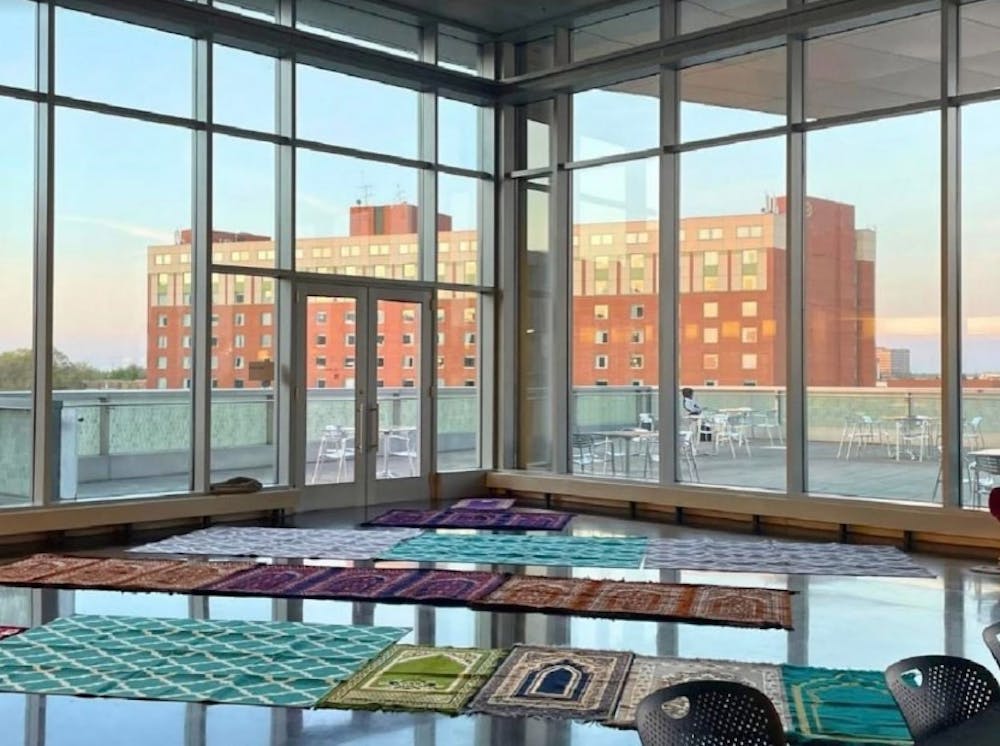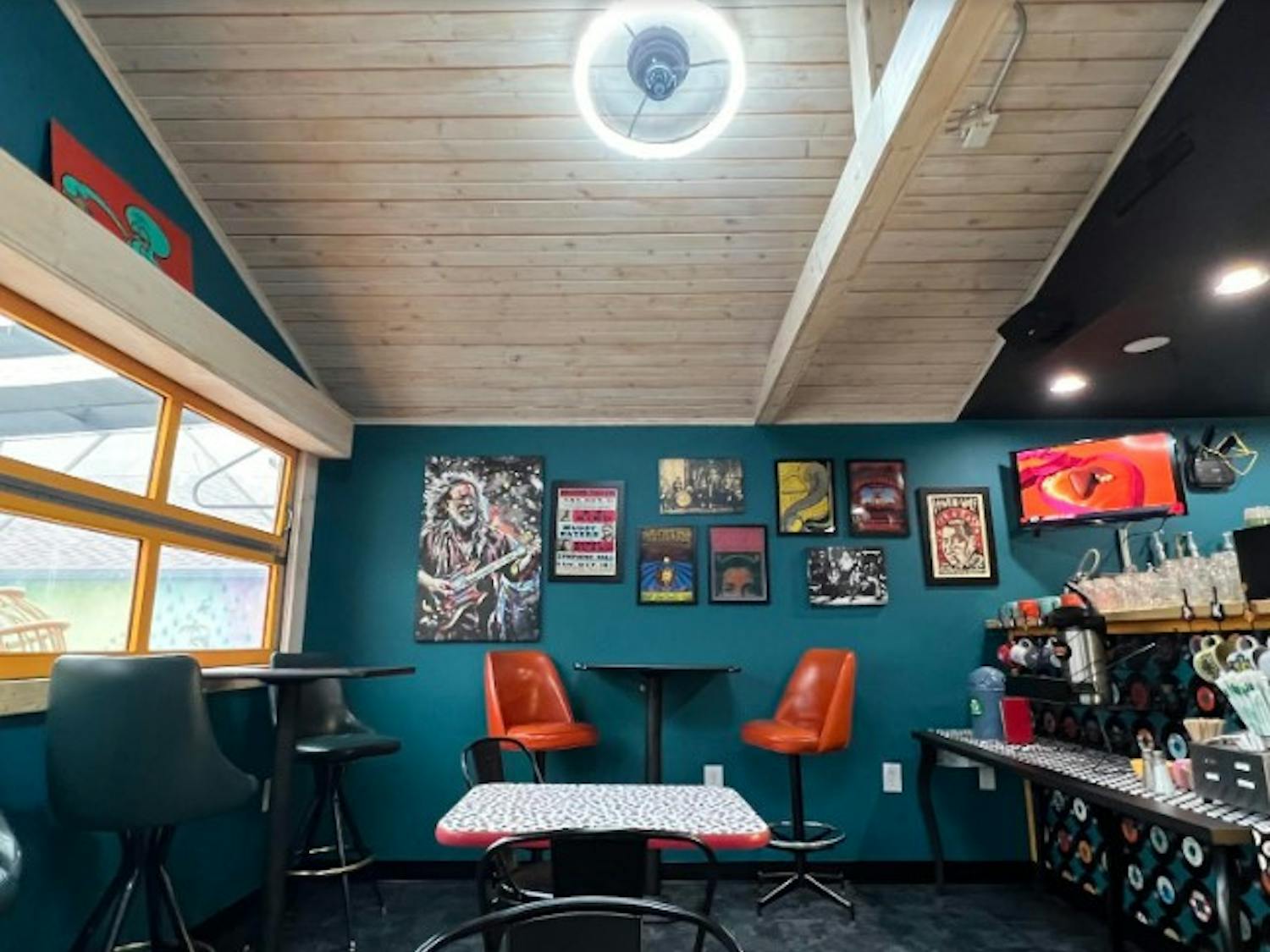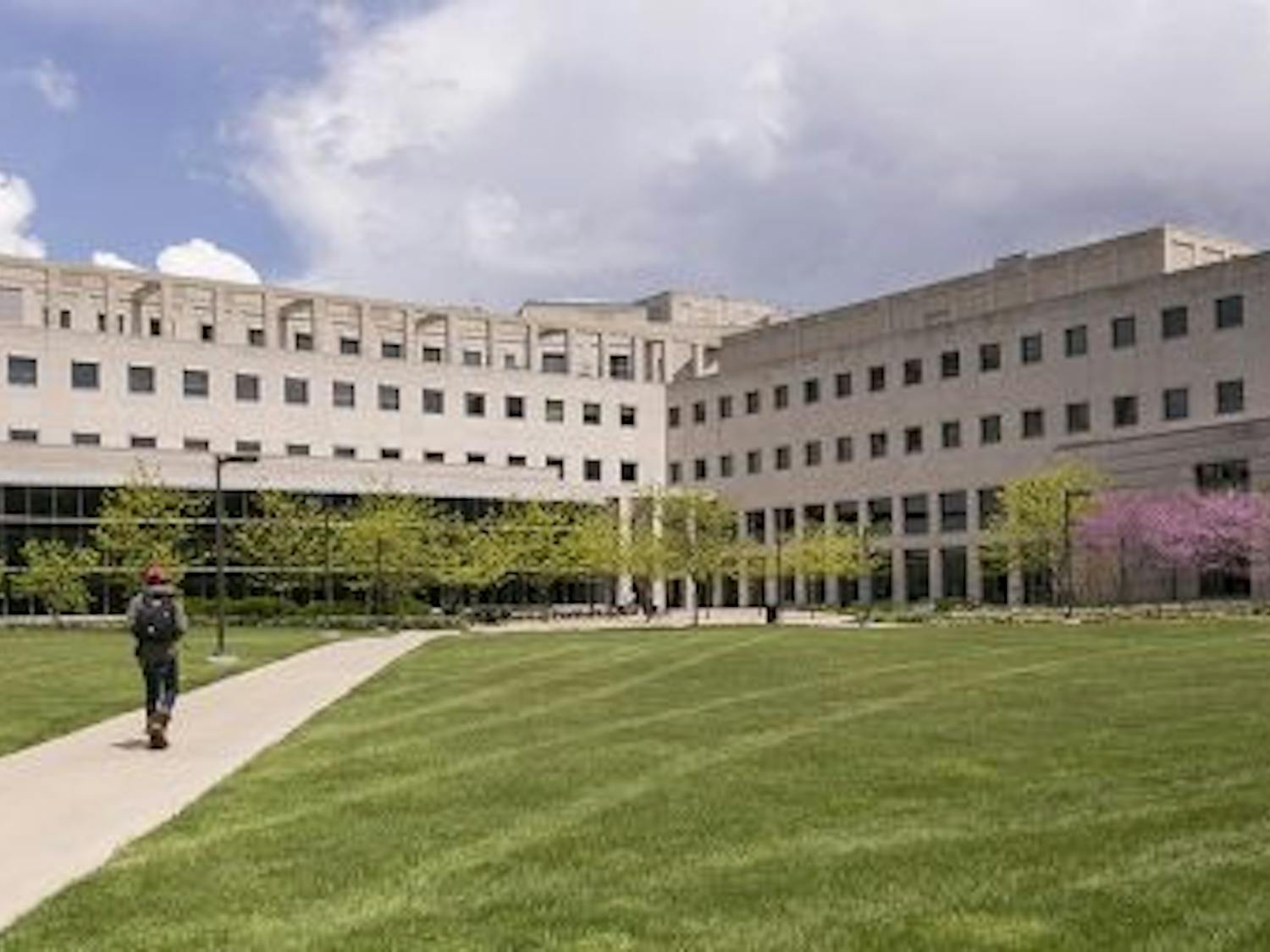Ramadan, the ninth month of the Islamic lunar calendar, is the holiest month for Muslims as they believe the Quran, the Islamic holy text, was revealed to the Prophet Muhammad (PBUH) by Allah through the Angel Jibreel (anglicized as Gabriel) during the last ten days of Ramadan. With the new moon sighting on April 21, Ramadan has come to an end, marked by the annual Eid Al-Fitr celebration which traditionally entails congregational prayer, gifts and time spent with family.
Over the past month, Muslims around the world were unified through fasting from sunrise to sunset. Fasting is one the five pillars, or tenets, of Islam, alongside having faith in one God, praying five times a day, giving charity and making the pilgrimage to Mecca, Saudi Arabia (if one is physically, mentally and financially able to).
In Islam, fasting entails abstaining from all food and drinks, including water, as well as consciously abstaining from cursing, gossiping, arguing and similar actions. Taraweeh, which literally translates to rest, is an optional prayer that takes place at night specifically only in Ramadan. This month is viewed as an opportunity for increased reflection and connection to the community.
Muslims believe fasting at this time improves character, gratitude and religious consciousness, and also provides an attempt to understand the perspective of the poor. Many Muslims also view detachment from consumerism as a major benefit of Ramadan.
In an article published in Traversing Traditions, a non-profit online publication, law student Mariem Masmoudi writes “Amid unparalleled commercialization and materialism, Ramadan serves as a reminder of a life unbound by capitalism, one that does not require constant consumption to experience satisfaction … Our existence was not destined for capitulation to fleeting materialism and Ramadan reminds us of our grander purpose.”
There are many Hoosiers who participate in Ramadan. According to Indiana Historical Society Press, Muslim sects have established themselves in Indianapolis as early as 1926. Today, a culturally diverse Muslim population calls Indianapolis home.
According to Archnet, Masjid Al-Fajr— masjids are places of worship for Muslims, also known as mosques— in Indianapolis, was initially established in the 1980s by the Indianapolis Muslim Community Association (IMCA) in suites and a house before architect M. Mazen Ayoubi built a dedicated establishment in 1992, down the road from IUPUI. His design focuses on white domes atop the portico and mihrab. This masjid is also connected to a K-12 Islamic school (Madrasa Tul-Ilm) which many IUPUI students have attended.
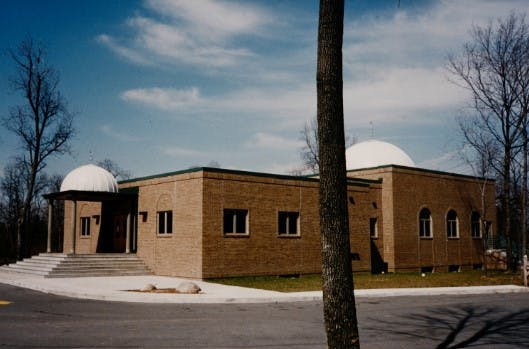
Similar to Masjid-Al Fajr, Masjid Al-Huda was initially established in a warehouse in 2002; after years of expansion, fundraising and renovations, this masjid now serves the Fishers, Carmel, Noblesville, North Indianapolis and Geist communities, making it the largest congregation for Muslims in Indiana. Eman Schools is a K-12 Islamic school that is part of the Al-Huda Foundation; many of its graduates also opt to attend IUPUI.
Architecturally, this masjid includes inspiration from Masjid Al-Nabawi in Medina, Saudi Arabia and Sheikh Zayed Mosque in Abu Dhabi, UAE; multicultural elements include chandeliers built in Egypt, porcelain tiles imported from Italy, Islamic mosaics from Spain, Turkish carpets and a Quranic adornment created in Indonesia.
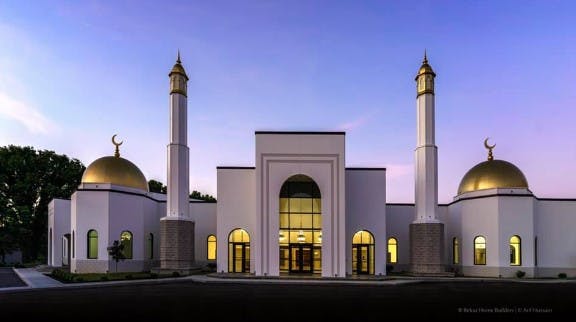
In the face of Islamophobia, both of these masjids continue to stay true to their missions of promoting peace, knowledge, interfaith/intercultural unity and compassion. The foundations include community rooms, events for all ages, sports areas, religious classes related to finance and other topics, events for non-Muslims and more, in an effort to serve Indianapolis and surrounding areas.
IUPUI hosts an active Muslim Student Association, a program in Arabic language and Islamic Studies, The Muslim Philanthropy Initiative (MPI) through Lilly Family School of Philanthropy and a large population of Muslim students and staff.
At IUPUI, the Muslim Student Association (MSA), Pakistani Student Association (PSA), Middle Eastern Student Association (MESA) and International Club have all hosted iftars— meals consumed when breaking the fast, traditionally starting with a date and in a group setting— over the past month.
These events are open to Muslims and non-Muslims; they include a variety of multicultural dishes and often a discussion giving context to the Islamic tradition of Ramadan. Muslim students who have been fasting while continuing to work on school tasks and beginning preparations for final exams benefit from these on-campus community gatherings.
Yaqoub Saadeh, a graduate of the aforementioned Eman Schools, is the vice president of MESA and public outreach of MSA.
“Our goal in hosting these iftars was to provide a welcoming space for Muslims to observe their traditions and break their fast, while also inviting non-Muslims to witness this religious experience,” Saadeh said. “Next Ramadan, we hope to host weekly iftars on campus for all to attend.”
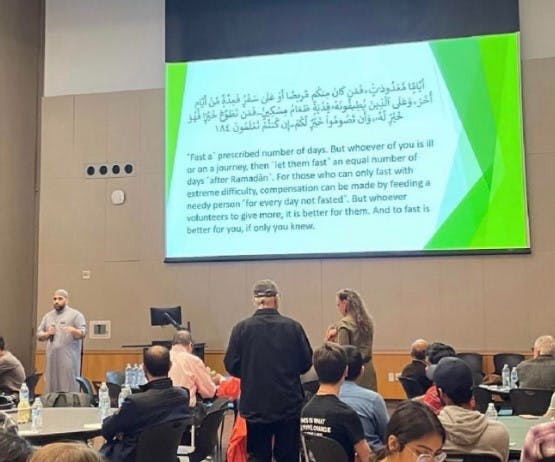
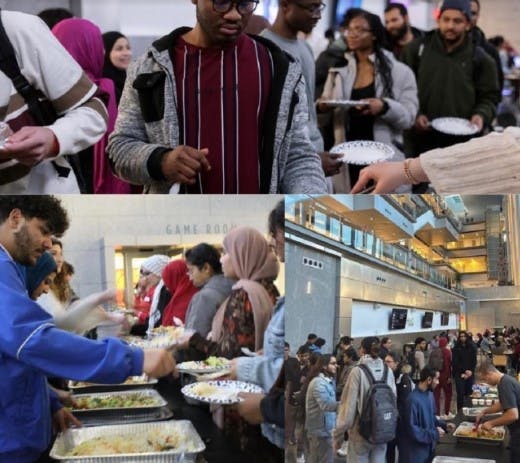
Jayda Reece, a sophomore secondary social studies education major with a minor in American history, attended the PSA iftar, while not being a part of the Islamic faith.
“I was shocked by how big of a community there was at IUPUI and how close knit everyone within the community is,” Reece said. “Events like this offer a space to educate others who may not have been exposed to other cultures and religions in their lifetimes. It also creates a space for Muslims at IUPUI because they are not always celebrated in America as they should.”
Sahar Abdullah (she/her) is a senior at IUPUI, majoring in Biomedical Informatics with minors in Literature and Chemistry. She is the Culture Editor of The Campus Citizen.

